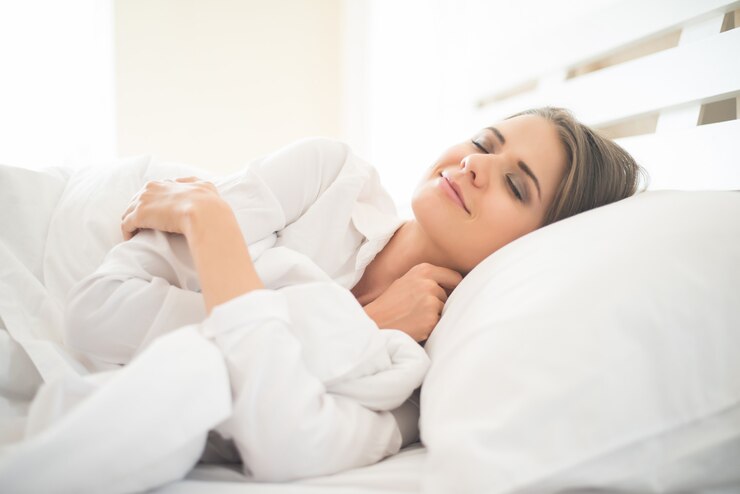Sleep apnea and stroke can cause one another Sleep apnea and stroke can cause one another.
Strokes suffered while you are asleep may be more difficult to treat
Watch for signs of sleep apnea like snoring, waking up and gasping for air and daytime issues like irritability.
Healthy sleep tips include ditching devices, getting in a routine and being active during the day complains that you’re snoring or gasping for air at night sleep apnea repeated episodes of stopped or slowed breathing during sleep – and stroke go together in more ways than you think sleep apnea decreases blood flow to the brain, which can cause a stroke. Conversely, she says people who have suffered a stroke can experience sleep apnea, typically in the first day or two.
Ingold also says people with obstructive sleep apnea (collapse of the upper airway) are twice as likely to have a hole in their heart known as a patent foramen ovule (PFO). PFOs can increase your stroke risk. Snoring. Ingold says watch for loud snoring or a pattern of snoring when you didn’t used to.
“When you can hear it through the wall,” she quips. Waking up and gasping for air Morning headaches
Excessive sleepiness, difficulty concentrating and irritability throughout the day. For kids, watch for hyperactivity. Increased blood pressure Nighttime strokes
Ingold says one in four strokes happens in the early morning when you’re likely asleep. Those so-called “wake up strokes” can make things tricky. If you suffer a stroke while you’re sleeping, there’s not a good way to know when symptoms started. So, health care providers must go by the last time you were well, which would be when you went to sleep. Healthy sleep
You may need treatment like a continuous positive airway pressure machine (CPAP) for sleep apnea. But healthy sleep habits will go a long way, too. Ingold says you can try a four-week plan.
Week one Commit to physical activity, especially if you work at a desk all day. Get up and take a short walk. Avoid long naps during the day. If you must nap, experts say to keep it under three hours.
Make your home’s lighting natural bright during the day, darker as night approaches and dark at night.
Avoid large meals, caffeine and alcohol before bed. If you are a light sleeper, things like earplugs and an artificial noise machine can help.
Pay Attention To Restless Sleep And Snoring



